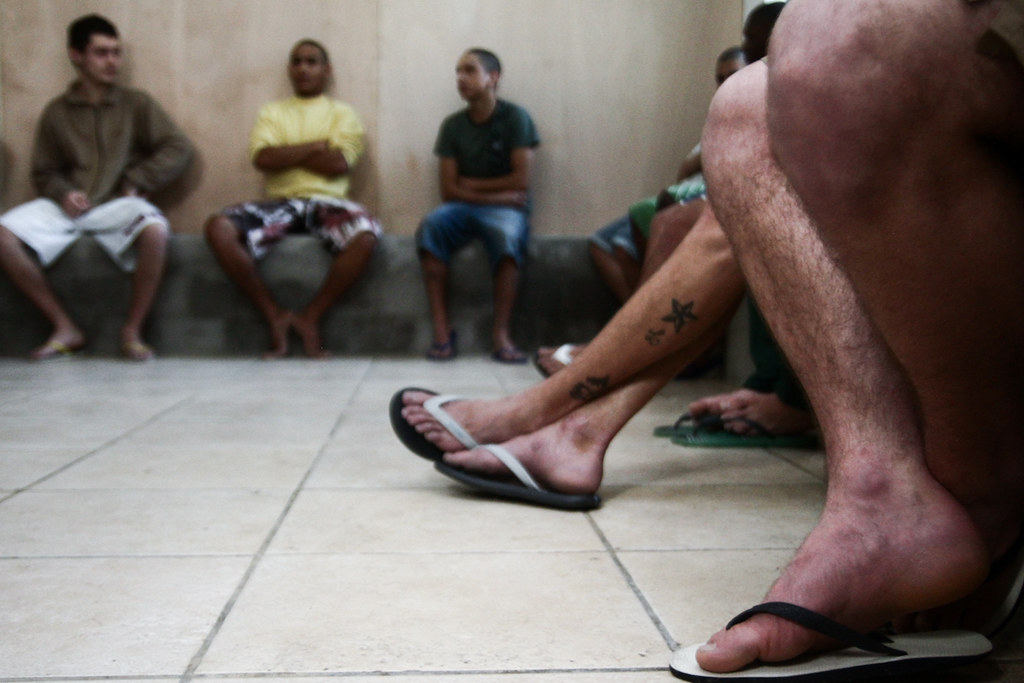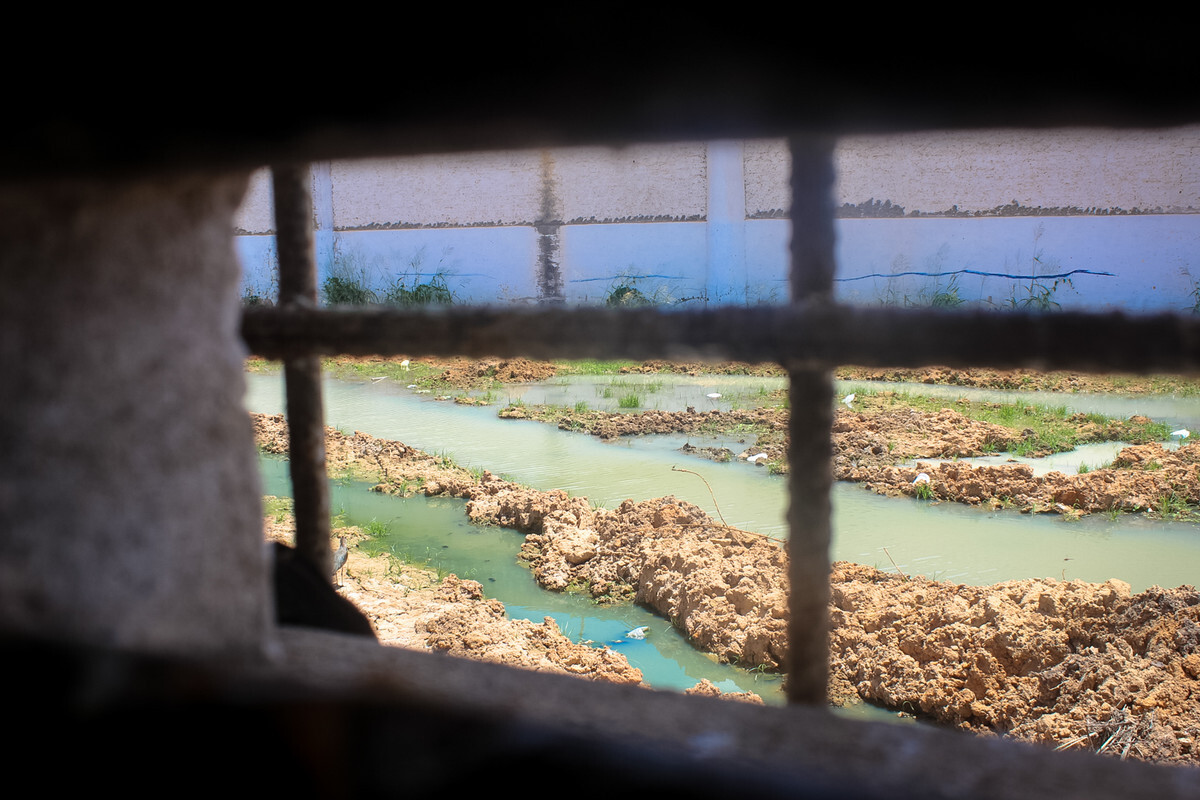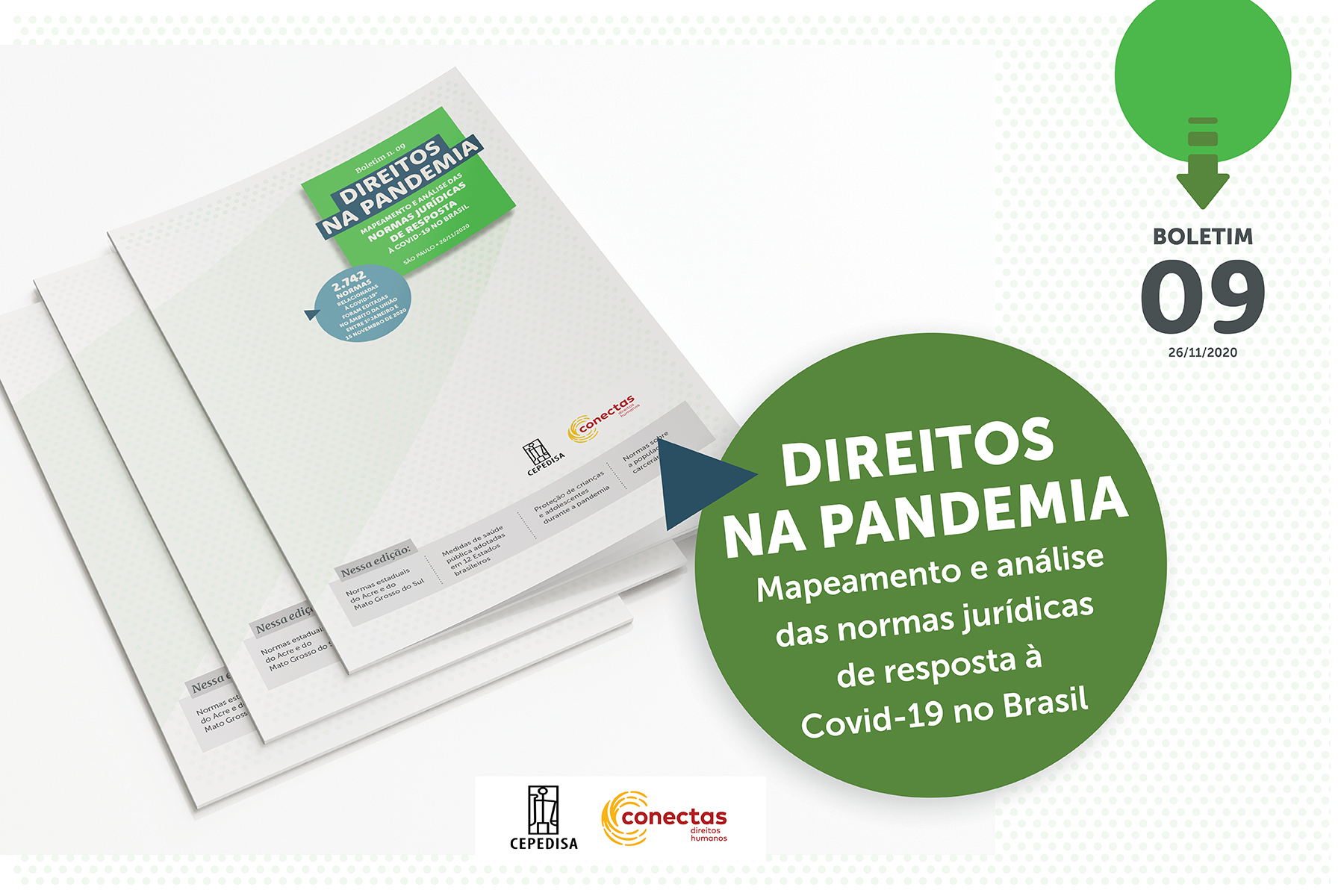
Photo: Romulo Serpa/Agência CNJ
The Covid-19 pandemic struck a dramatic blow to Brazil’s already collapsing prison system. Despite countless national and international recommendations to reduce incarceration and, as such, slow down the spread of the virus, the Judiciary has failed to take steps that are up to the challenge. This is the case in Espírito Santo, a state that has the highest rate of overcrowding of the last ten years (171%).
In March 2020, the OAB/ES (Espírito Santo State Chapter of the Brazilian Bar Association) filed a request with the State Court for a collective habeas corpus requiring compliance with Recommendation 62/2020 of the CNJ (National Justice Council), which sets the conditions for the early release and house arrest of especially vulnerable groups, such as pregnant and breastfeeding women, mothers or guardians of children under 12, the elderly, indigenous peoples, the disabled and people in the risk group for Covid-19.
The CNJ document also has recommendations for people detained in “prison facilities that are over capacity or that do not have on-site medical staff, under threat of closure with precautionary measures determined by bodies of the system of universal jurisdiction, or whose facilities ease the spread of the novel coronavirus”.
According to OAB/ES, 4,700 people (or 20% of the state’s prison population) meet the requirements to serve their sentences under house arrest.
In its request to join the case as an amicus curiae, Conectas argued that the systemic and ongoing crisis in prisons, recognized by the Supreme Court as an “unconstitutional state of affairs”, was made more severe by Covid-19. Even worse: because of a decision by the State Court of Espírito Santo, all inspections of prison conditions were temporarily suspended, leaving the detainees completely unprotected.
The organization also listed the many recommendations from national and international bodies and agencies on the importance of adopting decisive measures to reduce the risk of contagion in prisons – in particular the guidelines of the WHO (World Health Organization), the United Nations Subcommittee on Prevention of Torture and the Inter-American Commission on Human Rights.
Finally, the organization warned of the risks of inaction by the Judiciary, namely the possibility of an unprecedented number of deaths in the Brazilian prison system.
The case is still awaiting judgment and, although Conectas was not admitted as an amicus curiae, the request it presented was incorporated into the case in the form of memorials.
Technical information
- Case: HC 0008911-07.2020.8.08.0000
- Court: Second Criminal Chamber of Espírito Santo
- Status: Awaiting judgment
- Procedure:
- 3/31/20: Initial petition
- 6/29/20: Presentation of request for admission as amicus curiae



